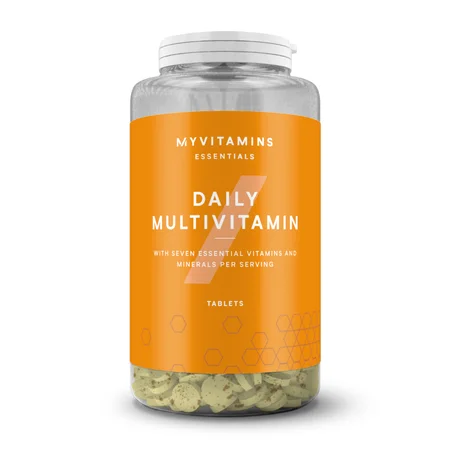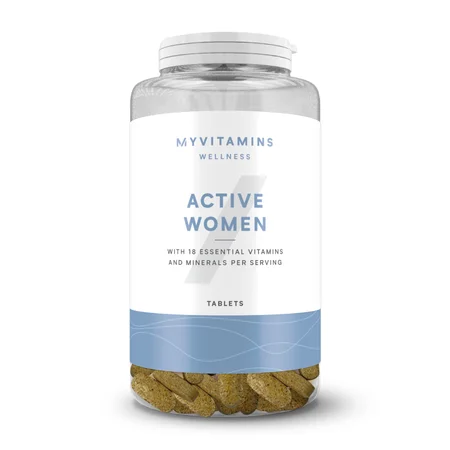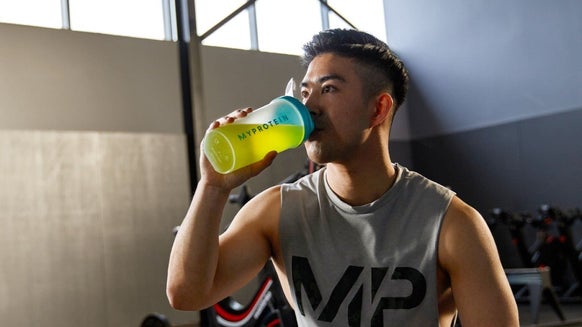Top 5 Benefits Of Eating Liver

As we know, protein is absolutely vital to success on your fitness journey. It’s the building block of muscle, as well as being key to post-workout repair. Along with your protein shakes or supplements, you should ensure that you have enough protein as part of your daily food intake. And while you might not think of it as your go-to protein sources, there are actually a lot of benefits of eating liver.
So, could liver be your new go-to protein? Here five nutritionist-approved benefits of eating liver.

Benefits of eating liver
1. Liver is a high-quality protein source
Of course, it wouldn’t be your new favourite protein source if it wasn’t high in protein. 100g of chicken liver is around 172 calories, and 100 of those calories come from protein. This means it’s lower in calories than 100g of chicken breasts but still higher in protein – it’s a no-brainer.
2. Liver is high in iron
Chicken liver, in particular, is packed with iron. The iron found in livers is easily digested by the body. Iron helps the body to create red blood cells and keeps your blood healthy. Increasing your iron intake can also help to combat fatigue. So you’ll have more energy to smash those PB’s.
Not only this, but iron helps the body to metabolise proteins. So not only is it providing you with protein, it’s also helping you use it.
Have you felt exhausted lately? Barely make it up the stairs without getting winded even though your physically fit? You may be lacking iron – especially if you’re a female. Gain medical advice, check your iron levels and add a little liver to your meal – not every day.
3. Liver is bursting with B vitamins
Liver is rich in folates, the water-soluble B vitamins. Ideally, adults need to consume approximately 1.5mcg a day of vitamin B12 – so get down to the supermarket and see what’s on offer.
This makes livers even more valuable as an energy source. Plus, they help with cell maintenance and repair. One of the key vitamins present is B12, which the body cannot produce by itself and must be consumed.
4. Liver contains vitamin A
Livers are also very high in vitamin A, so much that pregnant women are advised not to eat them. However, for the non-pregnant population, this is great news for our skin and our eyesight.
5. Liver is economical
You can expect to pay less than £3 for a kg of chicken livers at your standard supermarkets and less than £2 a kg for beef liver. You can find them frozen, too, for an even lower price – perfect for those meal prep Sundays. This makes them a much cheaper option than many “regular” meat sources.
Learn more about the benefits of B vitamins...

10 Best Vitamins & Supplements For Energy
Falling asleep at your desk? We're here to help.
Myths about liver
Livers are high in toxins
The liver’s main function is to cleanse the body of toxins. However, contrary to believe this does not mean that eating livers means eating the toxins that have been purified from the body. The liver’s job is to get rid of the toxins entirely – not to store them up.
Livers are difficult to cook
Liver used to be a very popular source of meat and doesn’t take a great deal of finesse to cook. You can pan fry it as you would a chicken breast, and you’ll know when it’s cooked when the colour has changed throughout.
With a simple addition of onions and cherry tomatoes in the pan, you’ll have a tasty meal. You can also include it in pies, stews and other recipes that would benefit from a rich meaty taste.
Take home message
When you’re looking for protein with extra nutrition, liver is a good food to plan into your diet. The benefits of eating liver once or twice a week can include improved energy from iron and B12, and all of the benefits of Vitamin A. Available at a reasonable cost, the benefits of eating liver make it worth adding to your meal plan.
Enjoyed this article?
READ THESE NEXT:

Claire is a Registered Dietitian through the Academy of Nutrition and Dietetics and a board-certified Health and Wellness Coach through the International Consortium for Health and Wellness Coaching. She has a Bachelor of Science in Biology and a Master’s degree in Clinical Dietetics and Nutrition from the University of Pittsburgh.
Talking and writing about food and fitness is at the heart of Claire’s ethos as she loves to use her experience to help others meet their health and wellness goals.
Claire is also a certified indoor cycling instructor and loves the mental and physical boost she gets from regular runs and yoga classes. When she’s not keeping fit herself, she’s cheering on her hometown’s sports teams in Pittsburgh, or cooking for her family in the kitchen.
Find out more about Claire’s experience here.






